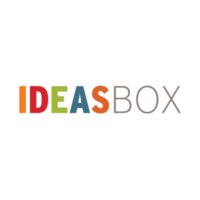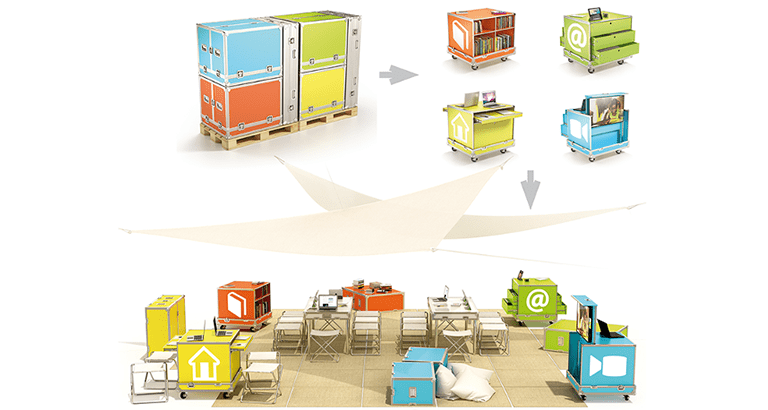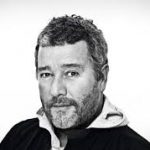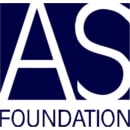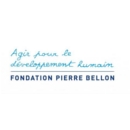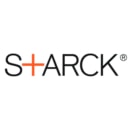Lorsqu’une catastrophe ou un conflit survient, l’aide se porte naturellement sur la nourriture, les soins, les abris et les vêtements. Une fois ces besoins vitaux assurés, il est essentiel de permettre aux populations touchées de se reconnecter avec le reste du monde, lutter contre l’ennui et entamer le processus de résilience pour préparer l’avenir. En procurant un accès à des livres papier et numériques, du matériel d’arts plastiques, des jeux vidéo et de société, des films et documentaires, des caméras, une télévision, un vidéoprojecteur, des ordinateurs portables, des tablettes, des liseuses électroniques, une connexion Internet, BSF fournit des outils essentiels pour aider les populations réfugiées à se reconstruire et à créer les solutions aux problèmes auxquels elles sont confrontées.
Depuis 2010 et notre action en Haïti, nous intervenons sur les terrains d’urgence humanitaire en militant pour une meilleure prise en compte des dimensions intellectuelles – information, éducation, culture – des populations en danger (lire notre campagne internationale L’Urgence de lire).
En prenant appui sur l’Ideas Box, nous créons avec nos partenaires des programmes de renforcement de l’éducation formelle et non-formelle, de protection et de renforcement des capacités des populations. De manière transversale, nous plaidons pour une approche centrée sur les besoins des populations desservies et leur participation dans la création des projets.

